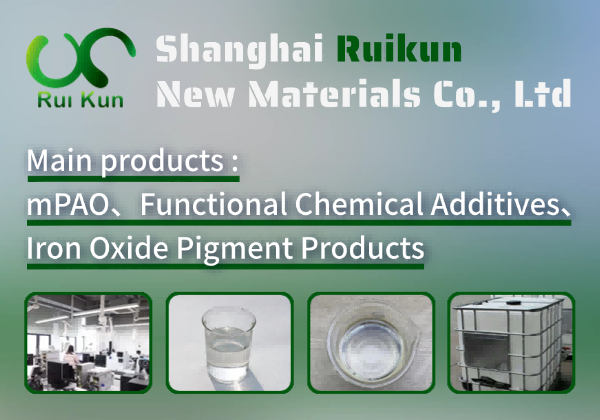What is Deuterium Uranium
**Introduction to Deuterium-Uranium (D-U) Reactors** Deuterium-Uranium (D-U) reactors represent an advanced nuclear fusion-fission hybrid technology, combining the benefits of fusion and fission for efficient, clean energy production. In this system, deuterium (a heavy hydrogen isotope) serves as a fusion fuel, while uranium acts as a fissionable material. The fusion process generates high-energy neutrons that efficiently trigger uranium fission, enhancing energy output and reducing long-lived radioactive waste. D-U reactors offer higher energy density, improved safety, and reduced proliferation risks compared to conventional reactors. This innovative approach could play a key role in sustainable energy solutions, providing a bridge between current fission reactors and future pure fusion power systems.
Preparation Process: Deuterium uranium (Uranium Deuteride, UD₃) is prepared by reacting uranium metal with deuterium gas (D₂) at elevated temperatures. The process involves heating high-purity uranium in a vacuum-sealed system to remove surface oxides, followed by exposure to deuterium gas at 300–400°C. The reaction proceeds exothermically, forming uranium deuteride (UD₃) as a black pyrophoric powder. Precise control of temperature and pressure ensures complete conversion. The product is handled under inert atmospheres due to its reactivity. Deuterium gas must be of high purity (>99.8%) to avoid contamination. The reaction is typically conducted in specialized reactors with rigorous safety protocols for radioactive and pyrophoric materials.
Usage Scenarios: Deuterium uranium (DU) refers to uranium compounds where deuterium, a heavy isotope of hydrogen, is incorporated, often in the form of deuterated uranium hydride (UD₃). Its primary use is in nuclear research, particularly in neutron moderation and reflection due to deuterium’s low neutron absorption cross-section. DU is also studied in fusion energy research as a potential fuel or neutron multiplier. In materials science, deuterated uranium compounds help investigate hydrogen-uranium interactions without isotopic interference. Additionally, DU has applications in nuclear reactors, where deuterium’s properties enhance neutron economy. Its role in isotopic labeling aids spectroscopic and kinetic studies of uranium-based reactions.
Deuterium Uranium Basic Info
Deuterium Uranium Price
2. China: $450 - $950 per gram
3. Russia: $400 - $900 per gram
4. Germany: $550 - $1,050 per gram
5. India: $300 - $700 per gram
6. Japan: $600 - $1,100 per gram
7. Brazil: $350 - $800 per gram
8. South Korea: $500 - $1,000 per gram
9. Philippines: No results
10. United Kingdom: $550 - $1,050 per gram
11. France: $500 - $1,000 per gram
12. Mexico: No results
13. Canada: $450 - $950 per gram
14. South Africa: $300 - $700 per gram
15. Egypt: No results
16. Turkey: $400 - $850 per gram
17. Thailand: No results
18. Indonesia: No results
*Note: Prices are approximate and may vary based on market conditions, regulations, and availability.*



